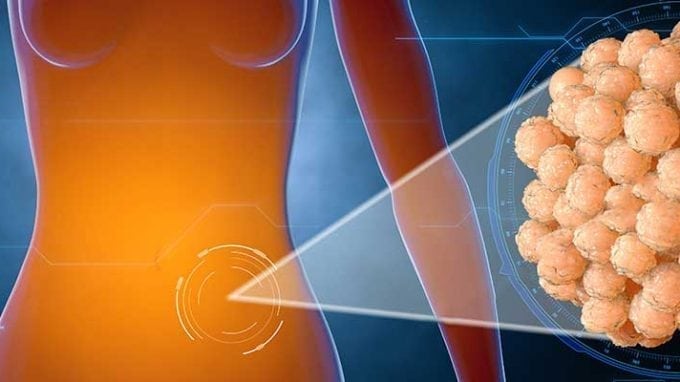Superovulation therapy, an infertility treatment, uses fertility drugs to enable growth of multiple eggs that are removed before ovulation to use in other treatments to increase the chances of conception.
Although women with issues conceiving once had few options, today’s medical community provides a number of treatments. Superovulation is often confused with ovulation induction, but the two differ greatly. Ovulation induction helps women who have stopped ovulating to produce an egg, while superovulation allows a woman who already ovulates to produce multiple eggs. In both therapies, the doctor removes the eggs before natural ovulation occurs.
How does superovulation work?
Under the normal circumstances, a female produces a single egg per cycle. Superovulation therapy uses fertility drugs called gonadotropins to stimulate egg production, so the patient produces multiple eggs. To guard against premature ovulation of the eggs the patient also takes a GnRH antagonist or GnRH agonist. The combination of injections allows the doctor a safe time period to remove the eggs before the natural ovulation cycle completes. The eggs may be used in other infertility treatments, such as inter-uterine insemination (IUI) or in vitro fertilization (IVF). Without the GnRH antagonist or GnRH agonist drugs, the eggs would ovulate naturally and be lost.
Side effects of superovulation infertility treatment
Any medical treatment or procedure carries some risk of side effects. Not every patient will experience every side effect. Whether you experience side effects depends on your body, the medication and the dosage.
Superovulation may cause:
- abdominal cramps
- bloating
- ovarian hyperstimulation
- multiple pregnancy
- ovarian torsion
Ovarian hyperstimulation occurs when the ovaries become overstimulated and produce too many eggs. Untreated it can lead to kidney failure and blood clots. Ovarian torsion occurs when the ovaries enlarge and twist on themselves, thus cutting off the blood supply. This is rare. Less than two percent of those taking gonadotropins experience this. It may require surgery to correct. Each of the drugs used in stimulating egg production has its own side effects.
Gonadotropins’ potential side effects include:
- dizziness
- nausea
- upset stomach
- tender abdomen
- bloating
- headache
- weight gain
- mood swings
- an upper respiratory infection
- acne
- off-cycle menstrual bleeding (spotting)
- soreness and redness at the injection site
- ectopic pregnancy
A GnRH agonists’ side effects include:
- headache
- hot flashes
- depression
- mood swings
- anxiety
- vaginal dryness
- nausea
- upset stomach
- acne
- body aches
- retaining water
- joint pain
- weight gain
- injection site soreness
- dizziness
- decreased sex drive
GnRH antagonists present the fewest potential side effects, including:
- headache
- nausea
- off-cycle menstrual bleeding
- tender abdomen
- soreness at the injection site
You can lessen the potential for side effects by taking the medication with food or at night. Treatment should use the lowest effective dose.
Superovulation can help a woman produce multiple eggs for use in IUI or IVF. Multiple eggs increase the chance of eventual development of a viable embryo. While in Austria and in the United States no provisions on the number of embryos exist, a maximum of three fertilized eggs may mature into embryos around in Germany. Talk with your doctor to determine if superovulation is the right choice for you.




